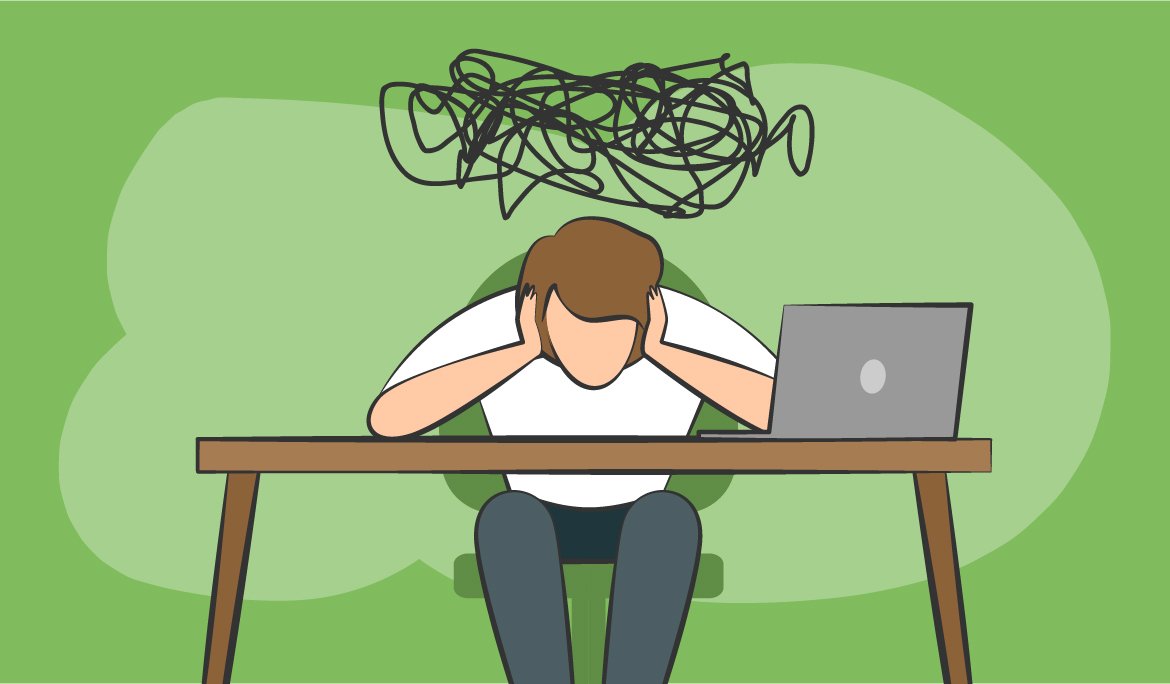
Presentationalism: Why do employees go to work sick?
Presentationalism means that employees come to work sick. What is perhaps well-intentioned because the employer does not have to do without his employees can actually backfire very quickly and not only have consequences for one’s own health. Namely, when the sick employee infects his colleagues.

Presenterism: what does that mean?
The word presentism is closely related to our more frequently used word presence – and with that, we already have the core of the word meaning. One is present. Employees in the workplace, although they shouldn’t because they are sick.
Anyone who lives presenterism appears at work with a fever, cough, headache, and body aches instead of going to the doctor and reporting sick to his employer. Because the employee actually benefits relatively little when his employees come to the office sick.
What are the consequences of presenterism?
The obvious consequence when it comes to presenterism is the danger for colleagues. Anyone who shows up at work with an infection instead of calling in sick could infect healthy colleagues. Which in turn leads to the fact that they stay away from work due to illness or live the presenterism and in turn could infect other colleagues.
On the other hand, sick workers cannot of course recover properly either. If you sit at your desk or work in a production hall instead of taking a rest at home, you won’t get well again anytime soon. This can have serious health consequences because a delayed infection can develop into a serious illness.
Once that happens, it will of course take even longer before the employee is healthy again. In short, presentationalism is of no use to employees or employers. Both are usually well advised to stay at home if you are sick until you are healthy again.
Presentationalism affects productivity
In fact, it is not enough that sick employees pose a threat to themselves and to (still) healthy colleagues. Research shows another worrying correlation: Employees who appear sick at work instead of calling in sick are less productive. That doesn’t sound surprising at first, because of course, sick employees cannot achieve as much as healthy ones.
That’s true, but it is only half the story. In fact, when employees work sick, they do less than they would not appear at work at all. That may sound paradoxical has a plausible core.
Sick workers often ask their colleagues for help if they can’t do something precisely because they are sick. These colleagues are kept from their actual work during this time and cannot do it or only do it later.
This means that employees who excel through presentationalism hold up the entire work process and thus lead to reduced productivity of all those involved. One more reason to stay in bed if you are sick. This not only has advantages for your own health.

Presentationalism: Why do employees go to work sick?
With so many disadvantages, the question naturally arises why presenterism is widespread among some employees. Here the reasons are very individual and therefore very different:
- Afraid of losing your job: Especially employees on probationary periods and those with a fixed-term contract also appear at work when they are sick. They think that they can protect themselves from being fired by their presence.
- Illness is underestimated: On the other hand, it can also be the case that employees rate their state of health too positively. You are sick and can infect other employees, but you don’t feel that way.
- Fear of comments: Those who already have a difficult time at work will be reluctant to stay away from work because of a fever and cough. In this case, the fear of stupid comments or even bullying is greater than the level of suffering that the disease brings with it.
